Alex is a freelance technology and sales copywriter, who left a technology sales career to build a digital nomad lifestyle. His landing page is alexnapierholland.com, his copywriting is at gorillaflow.com and you can follow him at instagram.com/alexnapierholland.
1. How did you decide to start a location independent life?
I’ve dreamed of adventure and faraway places since I was a kid and was naturally drawn to mountains, remote Pacific islands and wilderness in my imagination. I’d spin my globe, open pages in my atlas and wonder when I’d simply walk out of the front door and head to these places. After all, why wouldn’t you?
I spent three years at university by the ocean and discovered snowboarding, skating and (trying to!) surf - which were experiences more valuable than I could possibly have realised, at the time.
I travelled in Thailand during my final year, which was great; but I became aware how transient the experience of travel is for most people - the reality being many months spent sweating and saving, in undesirable situations, to gain each month of freedom. I’ve studied people’s day-to-day routines and strategies more than their holiday photos ever since then. That’s why I got my head down when I left university, instead of going travelling. I trained as a journalist, but landed in sales and discovered I was pretty good at it, so spun it into a six-year tech-sector career that provided me with a nice apartment, BMW, decent disposable income and tonnes of international travel – working in a comfortable environment with really decent people.
But I was miserable. My wiring (I have ADHD) demands constant stimulation, at a level most people are uncomfortable with. I enjoy risk-taking, novelty and danger. Any kind of routine or repetition in my life results in me becoming frustrated, destructive - and I either act on those impulses (and get into trouble), or become deeply depressed. I was expelled from two schools because of this pattern.
But this is my challenge, no-one else’s – so it was time to find a solution. I headed to Australia, with the idea that if I could surf, I’d enjoy my career more. Sydney’s wicked and I instantly loved the lifestyle and started to fall in love with freediving, especially. However, I started to interview for tech-sector sales roles and found that – awesome salaries aside – there was talk of 50-60 hour working weeks. That’d be whole winters in which I couldn’t surf midweek.
My girlfriend warned me off this path, which I’m grateful for – although neither of us knew of an immediate alternative. Fortunately, the government stepped in and closed down the 457 employer-sponsorship visa’s potential to give permanent residency – which removed any incentive to slog out four years for a big tech company. It took me a day or two to realise this could be a good thing.I committed to freelance; working two days a week on a building site, which – barely – covered my rent and food. My spare time was spent studying SEO and learning about sales funnels and inbound marketing, while surfing and freediving.
I spent five or six tough months struggling to buy food, losing muscle, wondering if I’d made the right choice - and being greeted with Sydney CBD’s skyline as I put my work-boots on to spend the day shovelling mud, while turning away recruiters calling my mobile and pushing jobs with six-figure salaries. I started helping friends with their SEO; but my first break came attending an entrepreneur meetup, where I pitched my services to the CEO of a digital marketing agency, who gave me my first work – and they loved it. Spurred-on by this feedback, I pitched a string of marketing agencies and positioned myself as an in-house digital copywriter. I wore a smart suit to my first interview, as did the MD – and I was messed around, producing content before they decided ‘the timing wasn’t right’. I decided to go natural and Facebook-messaged a trendy agency, with a one-line pitch. They suggested coffee and I turned up casually, in jeans, a t-shirt and Nike SBs - as did they. I told the MD my plan is to work remotely and produce content while living in a ski resort – and he said that’s his plan too.
I picked a healthy hourly rate, that they agreed to - and now work two days a week (which comfortably pays my bills) in a slick office overlooking Sydney harbour, opposite Google, with arcade machines, fridges full of beer and yachts moored outside the front door.
My freelance business is building rapidly, with a couple of digital marketing agencies in Sydney on my books and more work available than I can fit in; while still surfing, freediving and exploring Australia. I’ve barely started promoting GorillaFlow and already have enough work to keep me up late! I love copywriting. It places huge demands on my brain; combining technical knowledge, sales methodology, behavioural psychology and upbeat energy. Being fit, focused and confident is essential to write powerful copy – and I love the challenge this thrusts upon me.
I now know how to add huge value to any business - and can do it in an internet browser, anywhere in the world. If I ever need cash, I can pick-up the phone (or Skype) and call any marketing agency on the planet and pitch my services to them. I’m 31 – and the world’s never looked closer to the open, free way I saw it as a child. Making money’s now a responsibility similar to keeping fit. It’s something I do each day and am dedicated to improving – but it doesn’t dictate where I live, or my overall lifestyle. It’s just a responsibility that I approach in a logical, problem solving-orientated way.
My girlfriend (who is also a nomad) and I are travelling through Europe next year, before heading on to South-East Asia. I’ll be working with the agency who recently signed me and – naturally – picking up clients along the way. And I’m definitely doing the ski season I skipped in my twenties - except there will be no pouring pints or cleaning beds!
It’s difficult to put into words how different the world looks to me today, compared to six months ago. When someone asks me, ‘Why did you become a digital nomad?’ the answer has to be, ‘Well, why wouldn’t I be one?’
2. How do you manage running a business being a Digital Nomad?
Good time management skills/tools and constant awareness of whether you’re earning cash, or developing your long-term business. The trickiest thing is balancing your daily work against your long-term trajectory. If you just hustle for work and deliver it, that’s cool. Your rate-card will gradually creep up and – depending on the value your product adds – you could hit six-figures. But you’ll be working for the rest of your life. Passive income is the logical conclusion of any analytical approach towards making money. When you engage with the mechanics of wealth creation, you will want to see those cogs start to spin while you’re drinking gin and snowboarding.
But there’s a reason why most marketing agencies have websites that suck compared to their clients’. Because a job for someone else is cash today; whereas writing marketable content, building inbound marketing channels and setting up sales funnels for yourself is a significant investment in time before any cash lands in your account. That’s why so many nomads move to South-East Asia and other cheap countries.
If it takes you three weeks to earn enough cash to pay your monthly bills, then you’ve got one week a month to build long-term passive income channels. Whereas if you can pay your bills with one week’s work, you’ve got three weeks a month to construct and launch those channels, so – logically – will get there three times more quickly. Obviously doubling your hourly rate helps; but it’s even easier to move to a cheap country, slash your living expenses and invest significant time building cash-generating sales funnels.
That’s assuming you are able to earn Western currency on the internet! That’s why a marketing novice earning $20,000 a year in Thailand could be in a stronger position to build online passive income than someone earning $100,000 a year with a mortgage and kids to provide for.
Oh yeah, out-source every single task you don’t find fun, rewarding or that you can add huge value to.
3. What are the biggest challenges you’ve faced living a nomadic lifestyle?
The biggest challenge being a nomad, is deciding how to use your time each day – which is also the best thing about being a nomad. Freedom is a dichotomy. Everyone wants it – but most people don’t know what to do with it when they get it! I’m an introverted person and can easily fill days doing things I enjoy. I don’t ever get bored, left to my own devices. However, I don’t always prioritise efficiently. I get easily side-tracked, tend to over-strategise and don’t put pen-to-paper as quickly as I should – although I’m getting better at that.
Most people find having to fit their life into a suitcase a challenge, but it’s something I really enjoy. The less stuff I own, the more focused and productive I am – so I’ve come to deeply value minimalism.
4. Some tips for rest of the community on succeeding as a Digital Nomad.
Get really fucking good at something. Yes, you’ve probably got some good travel photos; and being experienced with a range of social media platforms has benefits. But if you’re average at fifty things, you can only charge an average wage – just like someone who is average at one thing.
Whereas if you are the best in the world at one thing, you can charge the world. This sounds daunting; but when you multiply jobs by sectors and audiences, you end up with a tonne of niches to choose between and specialise in.
Try this:
- Find something you’re really passionate about. Day-dreaming about it is key.
- Research every company involved in designing, building, selling and marketing your passion. Learn all about them. Become an expert, nerd and obsessive.
- Ascertain every role associated with the above processes.
- Find out the trends in this sector and any challenges for companies trying to grow within it. Get ahead of the curve.
Where do you fit into this story? Go there. Kick the front door down.
5. How do you find places in a new city as a Digital Nomad?
I tend to find people ahead of places. I’m fortunate to know my hobbies (adventure sports, fitness, business and design), so network heavily in these areas using Meetup.com and Facebook groups every day.
In most major cities I’ll know someone online who is into one of my hobbies, before I arrive - so will hook-up with them and get shown around the local spots. I’ve done this for years, long before becoming a digital nomad – it’s the best way to travel and the reason why I don’t own many travel books! Networking is king. It’s easily the most useful skill to uncover opportunities in life, business and pleasure.


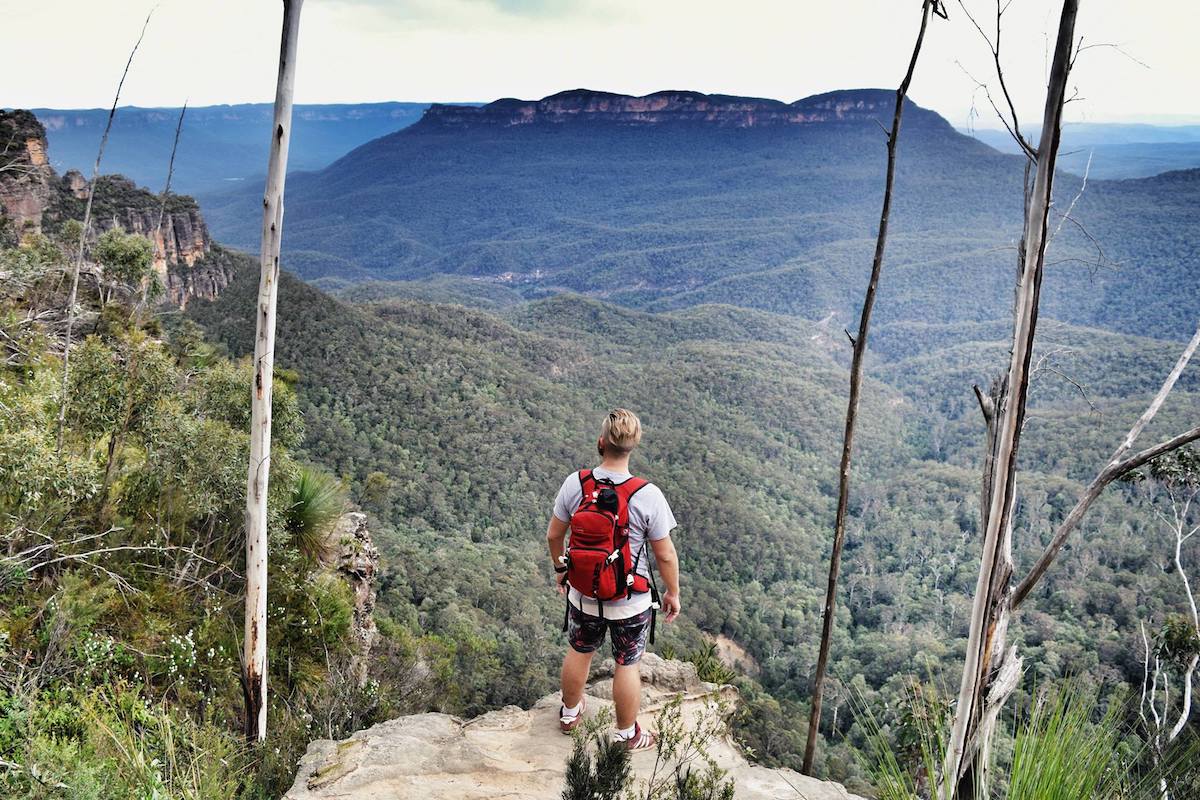

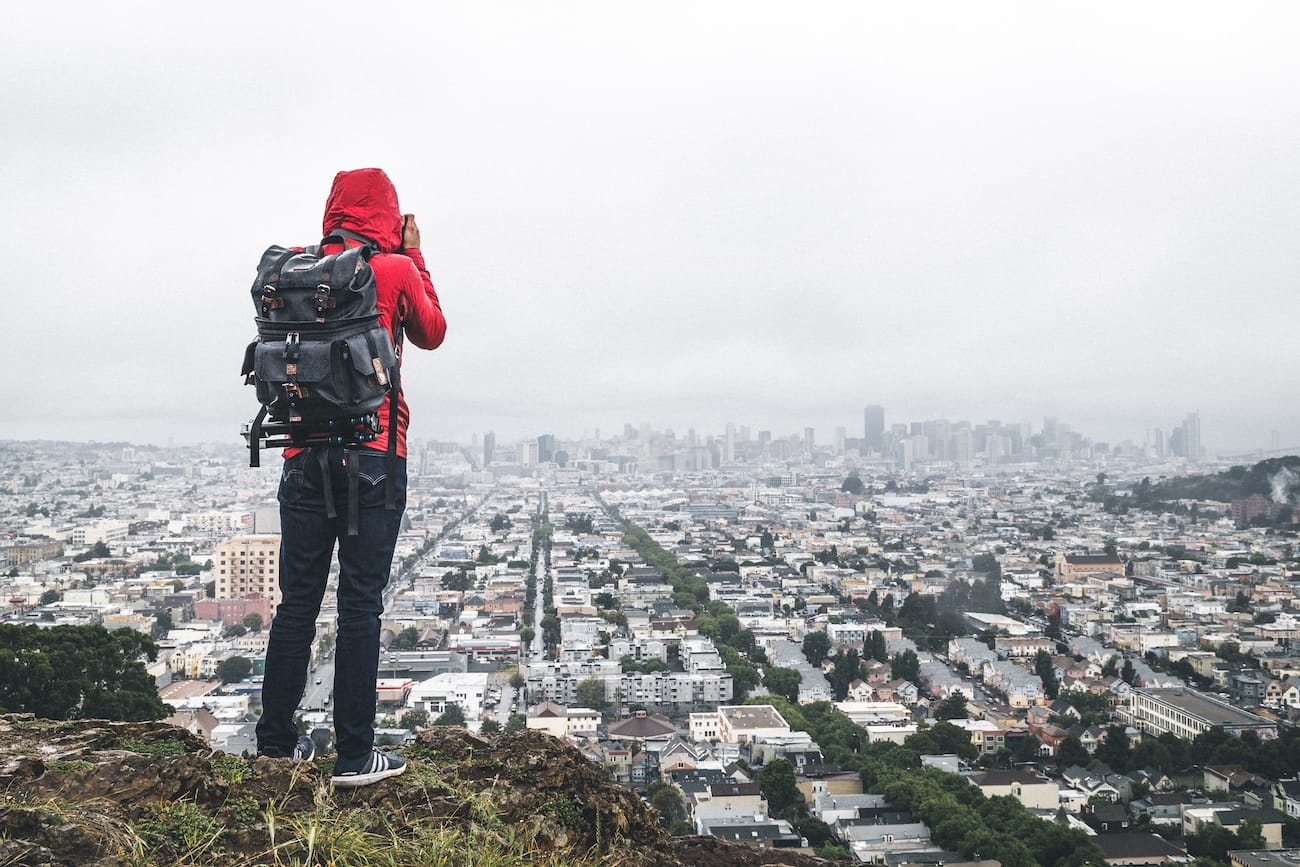
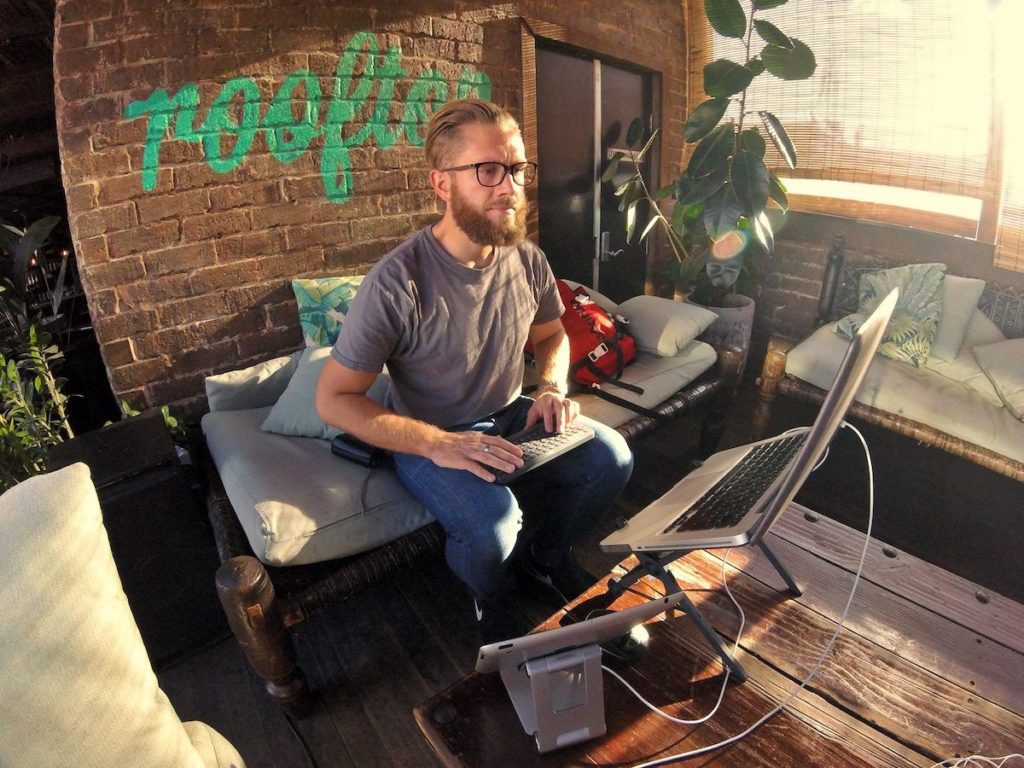
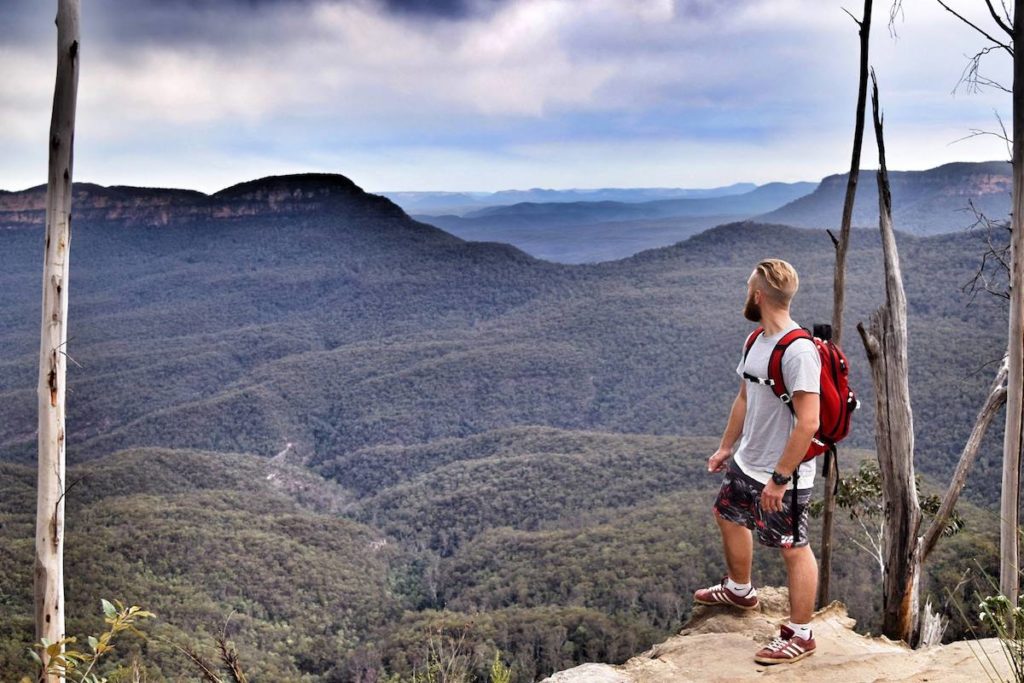

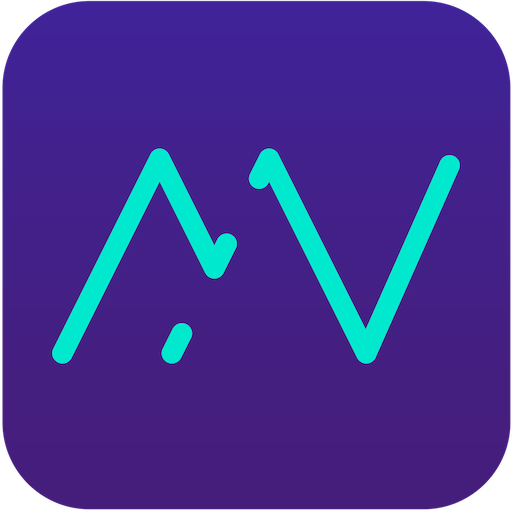
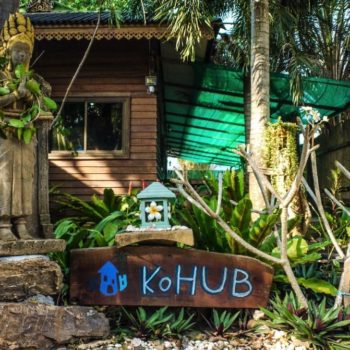

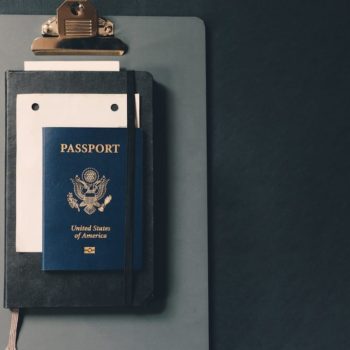


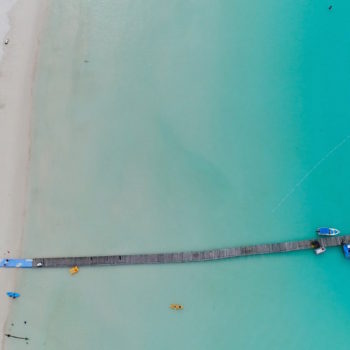
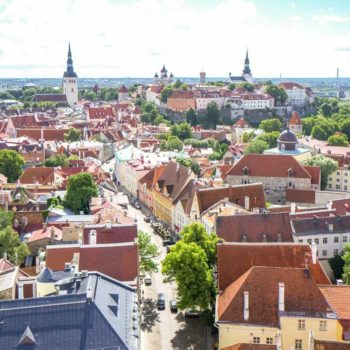
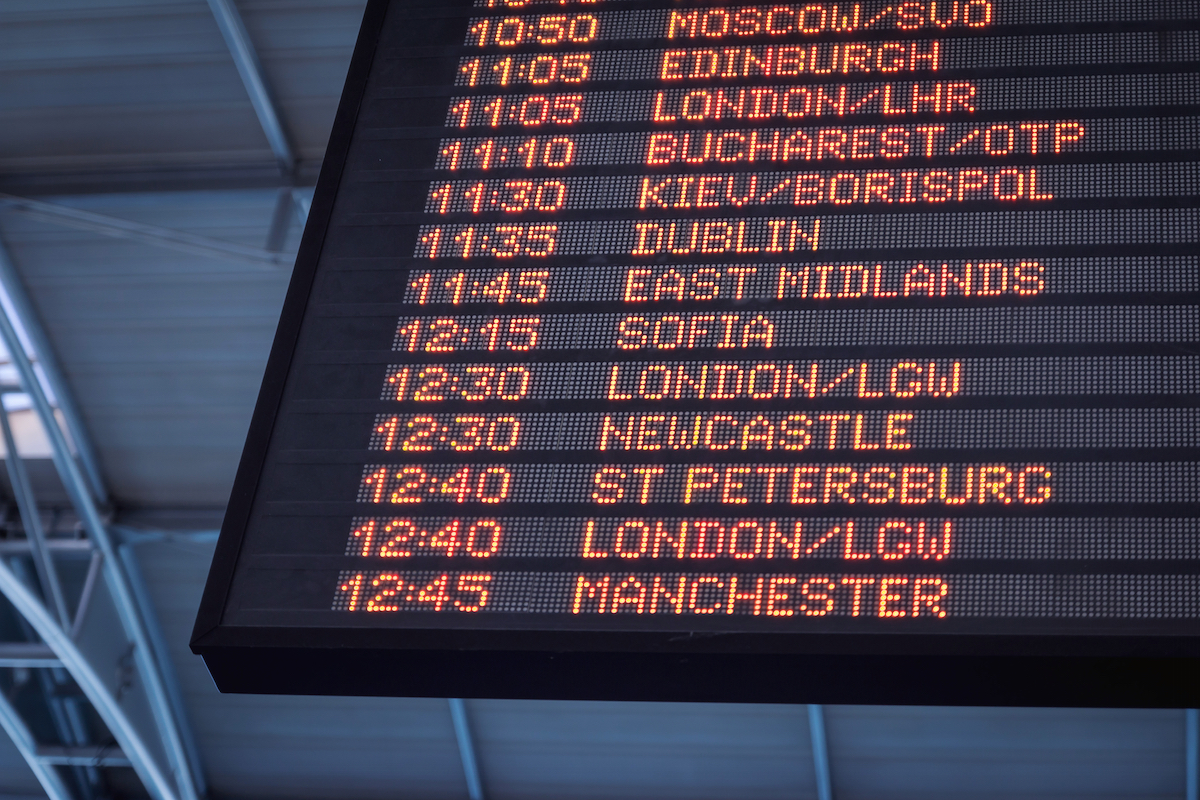

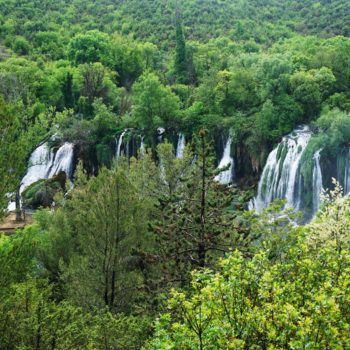
Recent Comments